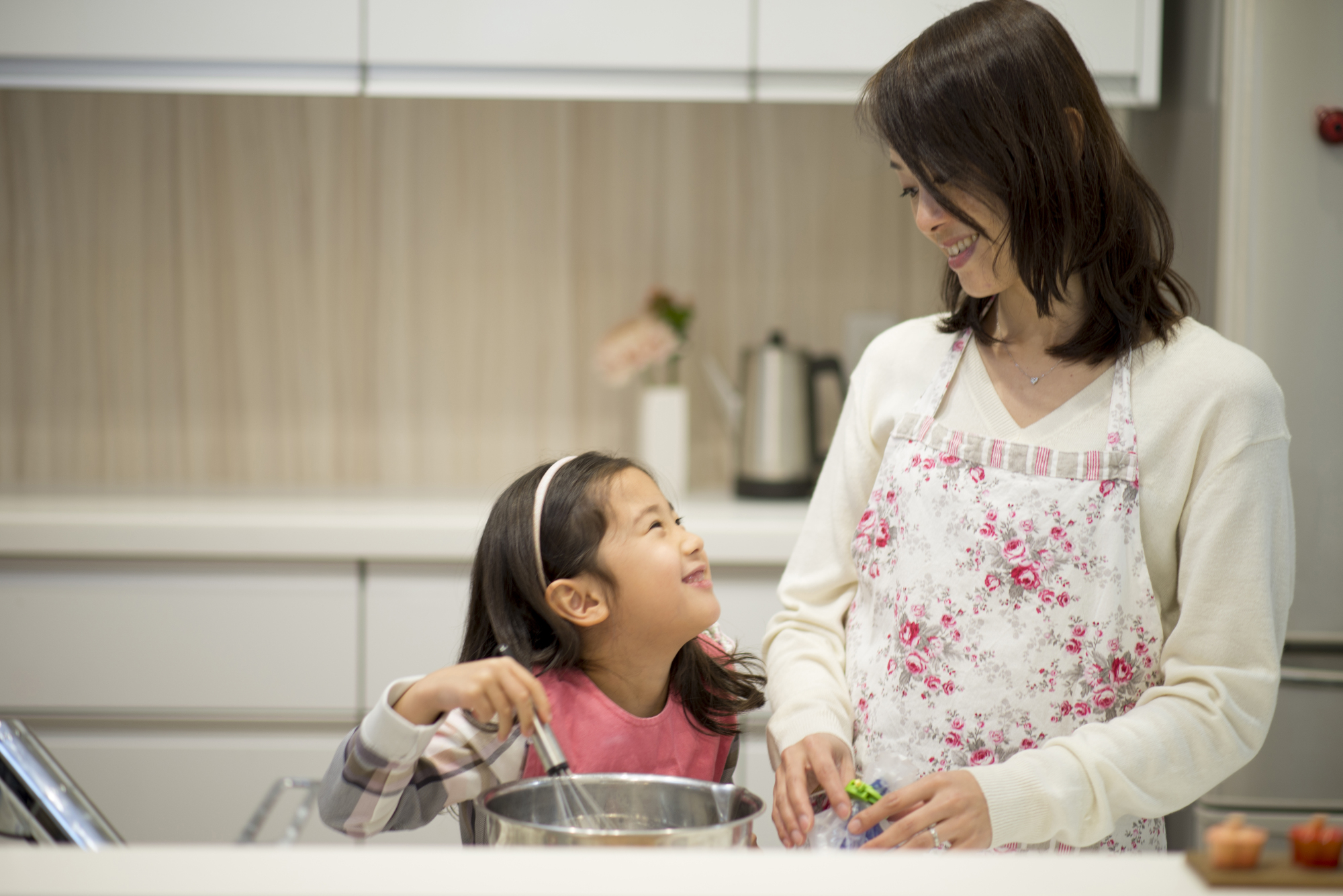An editor in London once told me that a book written about Asia will only sell if there is one or another of these three words in the title: "mother," "chrysanthemum" or "tea." I listened with incredulity but understood that these are the things that make Asia appealing to the rest of the world.
In Japan, all three of these items are so ubiquitous that few people ever think to question the subtext behind them — especially when it comes to 母 (haha, mother).
The Japanese haha of lore gave her children unconditional love while protecting them from the wrath and 理不尽 (rifujin, unreasonableness) traditionally inflicted by the Japanese 父 (chichi, father). The chichi was respected in the family, though long working hours meant he was often absent from the fold. Family life ran smoother when he wasn't around and, obligingly, he stayed out of the picture by immersing himself in 仕事 (shigoto, work).

















With your current subscription plan you can comment on stories. However, before writing your first comment, please create a display name in the Profile section of your subscriber account page.